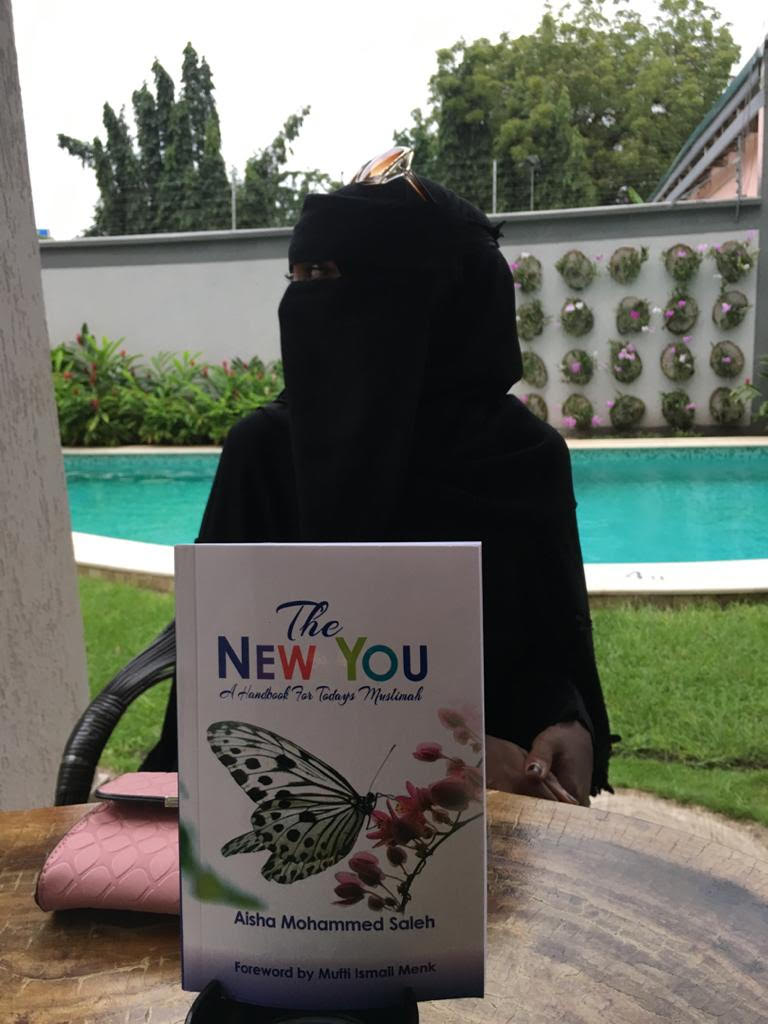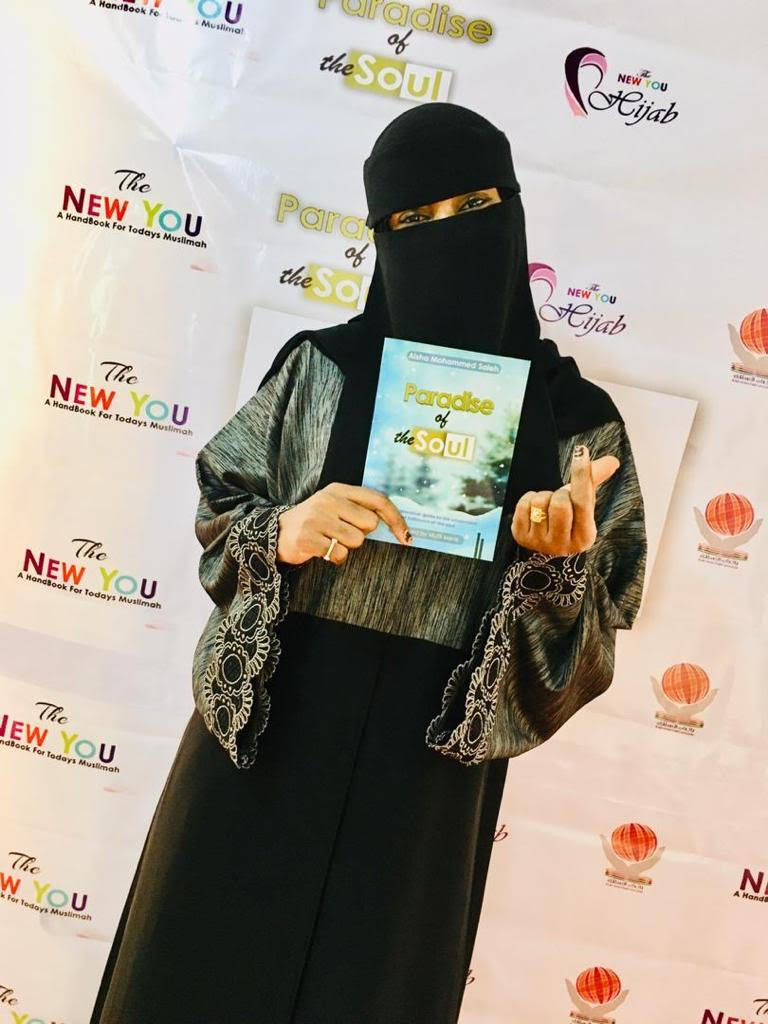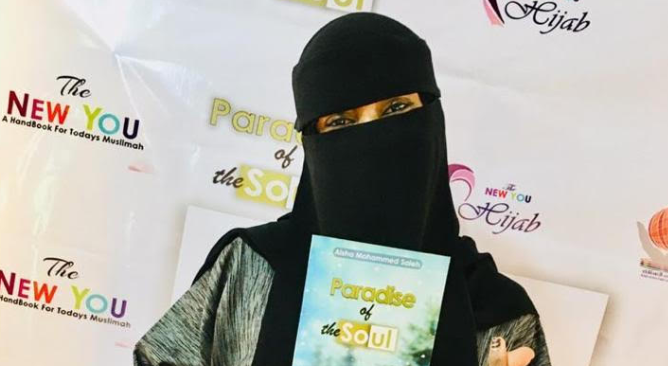In a sudden twist of events, people across the globe are jogging in various places with masked faces.
Muslim women say that’s making public life in the burka much more pleasant, and everyone understands them now.
"I have been wearing Niqab (burka) for the past fourteen (14) years since I joined my husband in Saudi Arabia." That is according to 34-year old Aisha Mohammed Saleh.
And for that same period, Aisha says she has become the centre of public attention anytime she is spotted in the garment. Many of such looks and observations come with prejudice while few others with acknowledgment.
"The most devastating moment I remember was an encounter with the immigration at Kotoka International Airport."
Aisha says she was called for security checks and that certainly confounded her.
"It really made me nervous and anxious." she adds.
Some people tend to perceive niqab-wearing women as oppressed, backward, foreign and socially –separated.
Rabiatu Adam, a pharmacist from Accra, tells me her experience has been an interplay between good, bad and terrible.
Rabiatu almost gave up in the very early days about seven years ago due to negative public reactions.

"Yes, very bitter ones marked by sometimes people not even wanting to share the same seat with you in commercial vehicles," she laments.
Like many others, the 41-year old pharmacist has faced public ridicule, among others.
"Someone could walk up to you and ask if you could see clearly or ask why you decide to cover your face."
How Aisha, and Rabiatu who cover their faces now find greater acceptance of Covid-19 masks astounds them.
Aisha, for instance, says, many people are now inclined towards her and many others make a request for her niqab to wear for some protection.
"My friends now want to borrow my niqab and some are willing to buy," Aisha says.

Aisha's experience is not that different from Rabiatu's. Same ridicule in the past and equal praises now.
"This has been the best time ever to wear the niqab and a time when it has gain nearly complete public acceptance, if not for religious reasons, for health." Rabiatu expresses.
There’s a marked difference to the way Aisha, Rabiatu and their way of dressing are perceived. Nobody is giving them looks because of their covered face.
Though, Niqab-wearing women say, they are held in high esteem as experts on face covering, the million-dollar question that remains to be answered is whether this attitude will continue or it will disappear with the pandemic.
The question of whether the attire protects one from Covid-19 infection or transmission also remains a debate among health experts.
Neurosurgeon at Korle Bu Teaching Hospital says though it provides some form of protection, it can't fully protect one from the virus based on scientific reasons.
"Because of the nature of the virus, it can't completely protect you" Dr Mohammed Hadi clarifies.
Dr. Hadi however acknowledges niqab would somehow reduce the rate of transmission of Covid-19 among people especially in public spaces.
He says the Muslim dress provides same protection like most of the face masks sold on the Ghanaian market.
Dr Hadi adds that it will be good advocacy for Muslims with the Covid-19 virus to wear the Niqab.
For now, Aisha and Rabiatu say growing acceptance of face-covering has helped them to overcome a reluctance to use the niqab.
Latest Stories
-
CLOGSAG vows to resist partisan appointments in Civil, Local Government Service
49 minutes -
Peasant Farmers Association welcomes Mahama’s move to rename Agric Ministry
51 minutes -
NDC grateful to chiefs, people of Bono Region -Asiedu Nketia
53 minutes -
Ban on smoking in public: FDA engages food service establishments on compliance
54 minutes -
Mahama’s administration to consider opening Ghana’s Mission in Budapest
56 minutes -
GEPA commits to building robust systems that empower MSMEs
58 minutes -
Twifo Atti-Morkwa poultry farmers in distress due to high cost of feed
1 hour -
Central Region PURC assures residents of constant water, power supply during yuletide
1 hour -
Election victory not licence to misbehave – Police to youth
1 hour -
GPL 2024/2025: Nations thrash struggling Legon Cities
1 hour -
Electoral offences have no expiry date, accountability is inevitable – Fifi Kwetey
1 hour -
Ghanaians to enjoy reliable electricity this Christmas – ECG promises
1 hour -
Police deny reports of election-related violence in Nsawam Adoagyiri
1 hour -
‘We’re not brothers; we’ll show you where power lies’ – Dafeamekpor to Afenyo-Markin
1 hour -
EPA says lead-based paints are dangerous to health, calls for safer alternatives
3 hours

